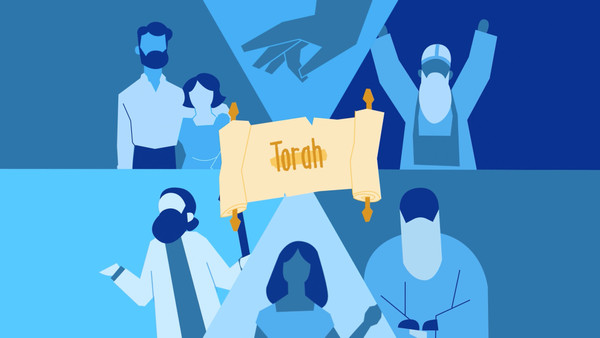

Vocab Insight: Torah / Instruction
What does the Hebrew word “torah” mean in the Bible? Explore the many ways this word is used and how it connects to Jesus.
Downloads
Insights

Bible Basics: History of Bible Translations

Bible Basics: Choosing a Translation

Vocab Insight: Shamayim / Skies

Character Insight: Elijah

Vocab Insight: Ets / Tree

Vocab Insight: Tov / Good

Vocab Insight: Tannin / Dragon

Vocab Insight: Erets / Land

Character Insight: John the Baptizer
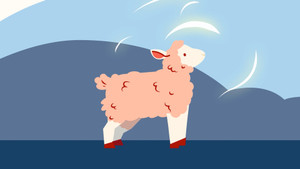
Vocab Insight: Dām / Blood

Vocab Insight: Torah / Instruction
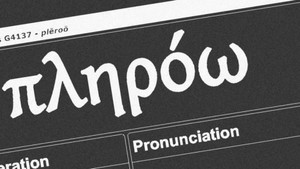
Passage Insight: The Meaning of Fulfill
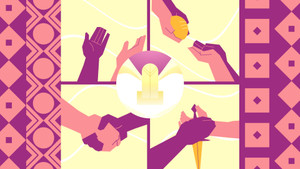
Vocab Insight: Dikaiosune / Righteousness

Vocab Insight: Gehenna / Valley of Wailing
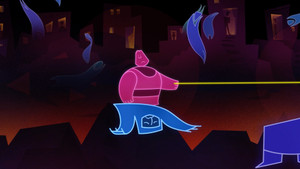
Passage Insight: Jesus in the Divorce Debate
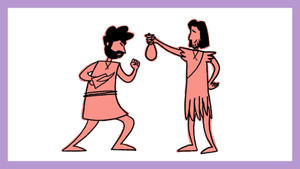
Passage Insight: Creative Nonviolence
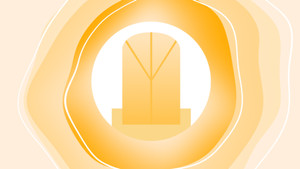
Vocab Insight: Teleios / Whole

Passage Insight: Purpose of Fasting

Passage Insight: Jesus and Short Prayers

Vocab Insight: Mammon / Wealth
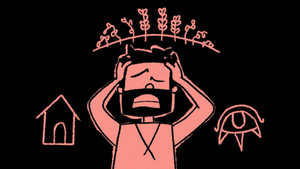
Passage Insight: Do Not Worry

Vocab Insight: Basileia / Kingdom

Passage Insight: Speck in the Eye

Passage Insight: Good Tree vs. Bad Tree
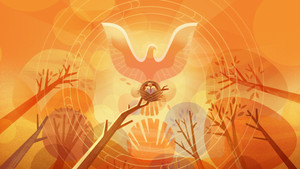
Passage Study: What Is Passover?